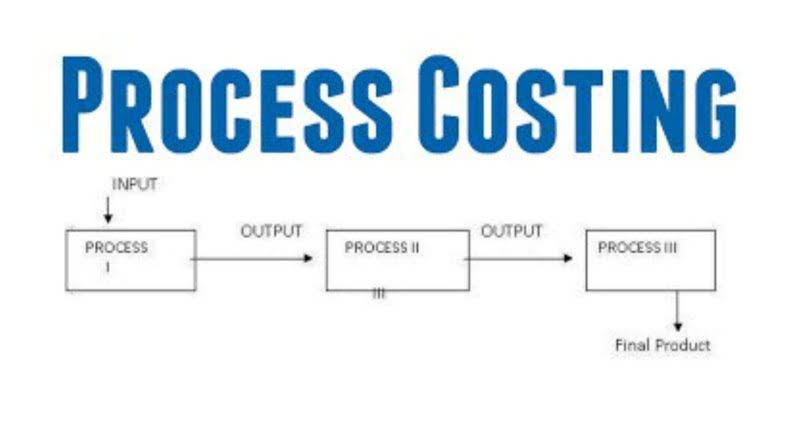The Beginners Guide to Accounting for Churches with FAQs

Church accounting is the specialized system of financial management and reporting designed to meet the unique needs of religious organizations. Unlike businesses that focus on profit, churches have different goals and requirements, such as tracking donations, managing funds for various ministries, and complying with tax exemptions. Understanding church accounting is crucial for maintaining financial integrity and transparency, which in turn fosters trust within the community. Church accounting software helps you get your church’s bookkeeping done quickly and accurately, so you and your administrative staff can get back to the things that matter most to your ministry.

Tool #1: Church Accounting Software
In addition to internal reporting, churches must also comply with external reporting requirements. This includes filing annual information returns, such as the IRS Form 990 for larger non-profits, which provides detailed information about the church’s finances, governance, and activities. Smaller churches may be eligible to file the simpler Form 990-N or 990-EZ. Ensuring compliance with these reporting requirements is essential for maintaining the church’s tax-exempt status and demonstrating transparency to donors and regulatory authorities.

Intro to Church Accounting: Guidelines, Case Study, and Best Practices

Things like the number of first-time churchgoers or baptisms reflect healthy church growth. To be clear, you don’t want to emphasize cash flow as a church success benchmark. Given the unique nature of church operations, specialized accounting methods are necessary to address specific challenges and requirements.
Effective Church Accounting Practices for Financial Management
Regular audits not only enhance financial transparency and accountability but also build trust with donors and stakeholders, reinforcing the church’s commitment to responsible stewardship. Regular audits are a vital ledger account component of effective church financial management. An audit provides an independent assessment of the church’s financial statements, internal controls, and compliance with applicable laws and regulations.
Always ensure that your church meets the requirements for maintaining its tax-exempt status. Familiarize yourself with federal guidelines and any local regulations that apply. Regularly review your church activities and financial practices to ensure they align with compliance regulations. Events such as bake sales, charity auctions, and special events can often require a bit more tracking. Record the income from each event under a specific fundraising category.
Is Benevolence Taxable Income?
Churches are held to higher standards in the media and with their donors. Transparency with your organization’s financial reports is necessary to ensure donor trust and limit IRS audits. Properly handling payroll taxes not Bookstime only ensures compliance with the IRS but also safeguards the church from potential financial penalties. Fund accounting is a powerful way to bring a sense of accountability and clarity to a church’s finances. There are other considerations that church leaders should keep in mind, too.

- If you are a larger church with significant staff and budgets, hiring an accountant for a staff position may be a better option.
- The tax-exempt status of churches also introduces unique accounting considerations.
- This statement enhances financial transparency, accountability, and informed decision-making, contributing to the organization’s overall financial management and mission fulfillment.
- Some options, like an annual report, can help maintain financial transparency.
When selecting church accounting software, there are several key factors to consider. The church accounting system is centered on advancing the church chart of accounts mission and objectives of the church rather than generating profits. Financial resources are reinvested back into the organization to support its goals, such as outreach programs, community support, and spiritual growth. This focus contrasts with for-profit entities, where the primary objective is to maximize profitability and shareholder value. Unlike for-profit businesses, churches often manage multiple funds with specific purposes such as building, ministries or mission funds. The chart of accounts allows you to track each fund separately, ensuring transparency and responsible allocation of resources.
Accountability, not Profitability:
If you don’t have a solid church accounting system in place, though, it’s hard to know how much money you actually can spend. Having orderly finances gives you the ability to budget for things like Easter services and Christmas programs. You can empower your team to invest in each event without worrying about breaking the church’s back, financially speaking, in the process. Church accounting diverges significantly from traditional business accounting due to its unique operational and financial structure. Unlike for-profit entities, churches are non-profit organizations, which means their primary goal is not to generate profit but to fulfill their mission and serve their community. This fundamental difference shapes the way financial activities are recorded and reported.
Hopefully, by now, you’ve seen how unique it can be to tend to accounting needs in a church environment. Because there are church accounting software platforms out there for large and small organizations, and everything in between, it’s important you find one best suited to your needs. For example, a small or mid-sized church might not need complicated financial tracking.
